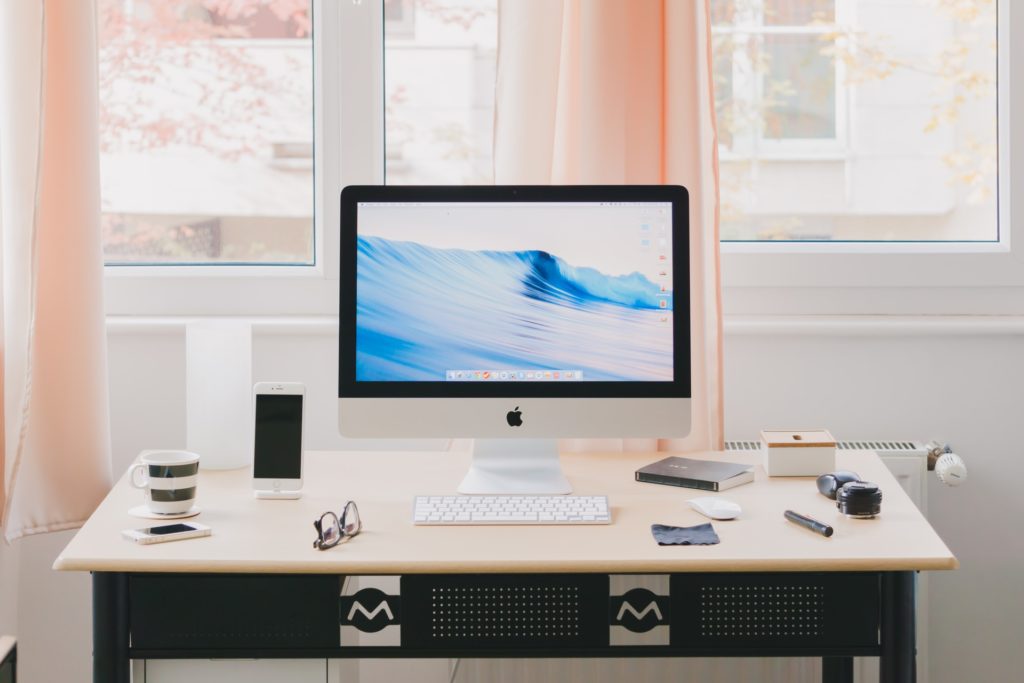
You probably use one browser for everything.
And it makes sense — it’s convenient. It gets the job done. It simply “works.” Just open a new tab and away you go! You can do it ALL from one central hub.
Except. I think that’s a problem. That we can access everything. That we allow attention magnets like social media to exist within the same digital grounds we work in and distract us all the more. Because it often does, doesn’t it?
But good news, there’s a fix.
For the past few months, I’ve been experimenting with a multi-browser setup. It’s had a sort of life-changing magic on my workflow and how I view productivity.
Using multiple browsers creates intention
In that, you have to be intentional about what you do in each browser. So here’s what I mean.
Think of a house. A house has rooms. And each room is meant for specific activities (there isn’t a room that “does it all”):
- Kitchen: for cooking
- Washroom: for bathing, showering, shitting
- Dining room: for eating
- Bedroom: for sleeping
When you start using multiple browsers, you start thinking of browsers as digital “rooms” to do certain things in. You feel forced to define the purpose to which each browser serves you.
Here’s my browser tech stack and how I’ve defined it, for example:
- Sidekick: for work, school, and writing
- Opera GX: for entertainment (music & videos)
- Vivaldi: for surfing the web, logging onto online accounts
- Brave: for cryptocurrency and self-learning
Our living spaces have intentions. So should our digital environments.
Using multiple browsers brings clarity and focus
Let’s go back to the house example.
Question: would you ever have dinner on the toilet? No? How about piss in your kitchen sink? Of course not!
In real life, we don’t mix room function. Our living spaces have an obvious — and often singular and rigid — purpose and intention. And so, we use rooms as they are intended to be used. (brain goes: the kitchen is for cooking, not pissing in sinks)
The problem with browsers, however, is that they don’t have a definitive use case (there isn’t a browser guide that tells you how to use browsers). You’ve got to define how that looks for yourself.
And because I have been intentional about what I should be doing in each browser (see my browser tech stack above), I only use each browser for its intended purpose — I don’t mix my already-decided-on browser-specific activities between browsers. (brain goes: Sidekick Browser is for strictly being productive, not watching YouTube)
That’s the life-changing magic of using more than one browser.
It gives you clarity on what you should (and shouldn’t) be doing, making you more focused on the task at hand — and less tempted to open a new tab for something unrelated.
In other words, over time, you’ll learn to associate interacting with a particular browser—and every other browser in your browser arsenal—with executing a particular activity (and only that activity).
You’ll adopt the mindset of, “I don’t want xyz browser to do everything even though it can. I want it to do this, this, and this, and I can use another browser to divulge in other things.”
Ultimately, browsers become purpose-bound containers.
Build your digital house
The transition from a single to a multi-browser setup is unnerving but can be well worth the effort.
Start by asking yourself, “How am I currently using my browser?” and make a list of the activities you use it for. Then, group items based on how you might split them across multiple browsers.
Here are some ideas:
- Work browser — self-explanatory
- Fun browser — games, social media, forums
- Accounts browser — online accounts
- Finance browser — money: banking, investing
Nothing here is set in stone. Fully expect to adapt this to your evolving needs.
Popular & niche browsers to choose from:
You don’t even have to use multiple browsers (though it is my recommendation). You can alternatively create multiple Chrome profiles, each with a unique and catered set of bookmarks.
It’s more about your intention, and how you plan to use something — my mom has a desktop specifically for work, and an iPad specifically for watching TV shows, for example.
